William Prochnau
- 1988
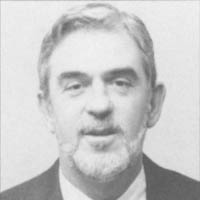
Fellowship Title:
- The Media as it Operated in Vietnam and the Aftermath
Fellowship Year:
- 1988
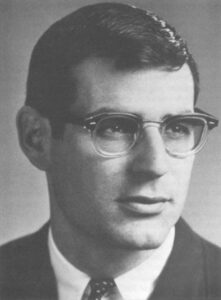
David Halberstam: The Making of a Critic
When David Halberstam arrived in Saigon in early September, 1962, his new dateline remained distant and obscure to his readers and even his editors. It would be several months before he would move back onto the front page with the regularity he had achieved in the Congo, the early-Sixties hot spot he had just left. In Vietnam, the United States had quietly increased its military commitment to more than 10,000 men, but the death toll of Americans still stood at just twenty-five, most having died in plane crashes while defoliating Vietnamese forests, dropping psychological-warfare leaflets on peasants, or ferrying troops. David Halberstam, July, 1961. (Courtesy of The New York Times Archives.) Horst Faas, Halberstam’s buddy from the Congo who had preceded him by three months, greeted him rhapsodically. “You vill love zis place,” he enthused. “It iss VUN-derfull!” The countryside was “like a page out of the Bible” and the people were equally beautiful. It also was safer–”zee boom-boom comes easier.” In the Congo, where nervous rebels once misread his German accent as that of
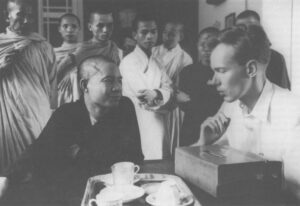
America’s Little War Becomes A Nightmare
SAIGON, South Vietnam, mid-1963–Mal Browne drifted into a far world, caught up in the aromatic lure of incense, the shadowy vision of shuffling saffron, and the lulling monotone of an ancient prayer. “Na…Mo…Ah…Di…Da…Phat…” a lean and ascetic monk intoned. A second bonze solemnly drummed a gourd in hypnotic rhythm with the prayer. Browne had come alone to the small pagoda on Phan Dinh Phung Street early on a muggy June morning in 1963. Now he sat next to a gilded statue of Buddha as the monk, serene in his flowing saffron robes, led the incantation for an enrapt congregation of nuns and fellow monks. For an hour the mind-numbing prayer continued, the eyes of faithful and outsider alike glazing as its tempo slowly rose. Then, at 9 o’clock, the ritual abruptly stopped. Browne, the lone-wolf correspondent for the Associated Press, shook his head to clear it. He checked the cheap Minolta camera New York finally had sent him to replace his battered old Richo reflex and quickly followed the Buddhists out into the street. Malcolm
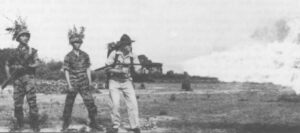
The Wary Chronicler Who Inspired A Rebellion
South Vietnam, late December 1961-Homer Bigart of The New York Times had been shot at in anger in some part of the world during each of his past twenty years. The tiny and obscure American war in Vietnam would be his last battle, by choice. Now 54, he had followed war from the hills of Italy to the islands of the Pacific to the bleak mountains of Korea, and to countless other places already becoming asterisks in the history books. Homer Bigart. (Photo Courtesy The New York Times) In the years to come the legend would grow methodically that, particularly in the early days, American policy in Vietnam was ruined by young, inexperienced correspondents unbloodied in earlier wars. Part of the legend was enhanced by a generation gap soon to rip at the seams of American society, spread by Vietnam not only through the streets of America but through the press corps itself. And most of the early correspondents (as well as many of the later ones) were relatively young, a distinction hardly peculiar to
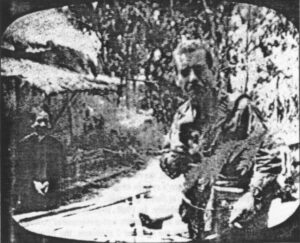
When The World Began Watching
Editors Note: APF Reporter Vol.11 #3 exsisted only as a photo copy, becuase of this the pictures in this story are of poor quality. VIETNAM, 1965 Asia’s early-morning traffic moved the other direction, the Marines seeming to push against the flow of business, business being the work of the hunched old farmers gently flogging their oxen and water buffalo toward market. It was the way of this place that the old men did not raise their eyes to the alien caravan of armed tractors from America. At the side of the roadway, where laundry flew like truce flags from open shanty huts, the women watched. The older ones stared blankly out of stonily impassive faces. The younger women were different, wildly expressive, with desperately outstretched hands and beseeching beggar wails. But it was the kids who stormed the convoy in an assault wave of urchins, scrawny elbows scraping dangerously against the turning treads, dirty fingers clawing up at the giant men above, toothless grins mouthing a banzai shout: “Number One Yank! Number One Yank!”
